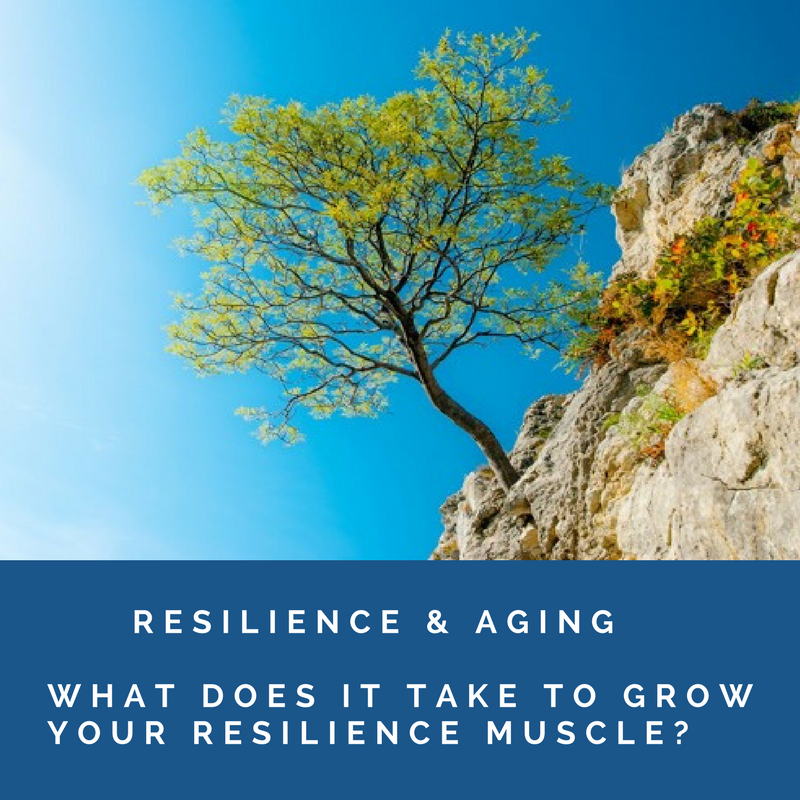Why is it that when faced with life challenges, some of us flounder and others flourish?
As a result of mounting scientific evidence, we now know that certain individual and environmental resources lead to greater resilience and guard against depression, morbidity and emotional stress. These resources are essential to a happy life and a successful retirement.
One of the most exciting initiatives of the past 18 years has been the Positive Psychology movement and it’s focus on human flourishing. The fun thing about the movement is that it focuses on health and wellbeing and it studies the conditions that lead to personal growth, success, happiness and resilience.
For instance, if you observe 12 one year old babies they would all be at similar stages of child development. However, if you line up twelve 65-year-old men and women, you would quickly notice great variation within the group. While some people may need walkers or canes to assist with their mobility, others will be hiking, biking and running marathons. Positive Psychology asks the question, what conditions enable people to run marathons at 65?
I think this is very exciting stuff!
While some people thrive as they grow older, despite the many challenges that arise with age, others become more susceptible to stress and cognitive and physical decline.
In our 4 part series on Resilience & Aging, I will introduce you to the science of human flourishing and we will explore how you can develop a dynamic and meaningful retirement using the latest social science research. We all face challenges (at every life stage), however, how we respond will determine the quality of our lives, and the state of our mental and physical well-being.
We have plenty of reasons to be optimistic and hopeful about the future. The key is to learn from those who are living vibrant and healthy lives well into old age. You will discover what they are doing that has allowed them to flourish!
In our 4 part free webinar series we will be focussing on the following:
1: The architecture of goal pursuit – The importance of having goals at every age, and why it’s even more important once you leave work.
2: The helper’s high – why people who are “givers” receive more physical and psychological benefits than those who receive help.
3: Your explanatory style – Are you a Negative Nelly, or Positive Pete? – resilient people see the world in a particular way. More specifically, the way they perceive negative events is key to bouncing back from adversity. What’s their secret?
4: Physical well-being and cognitive curiosity – Sudoku puzzles are not enough! What does it take to keep your body and brain functioning optimally?
I look forward to seeing you online. Click here for details and links:
To your retirement success!
Dr. Gill



